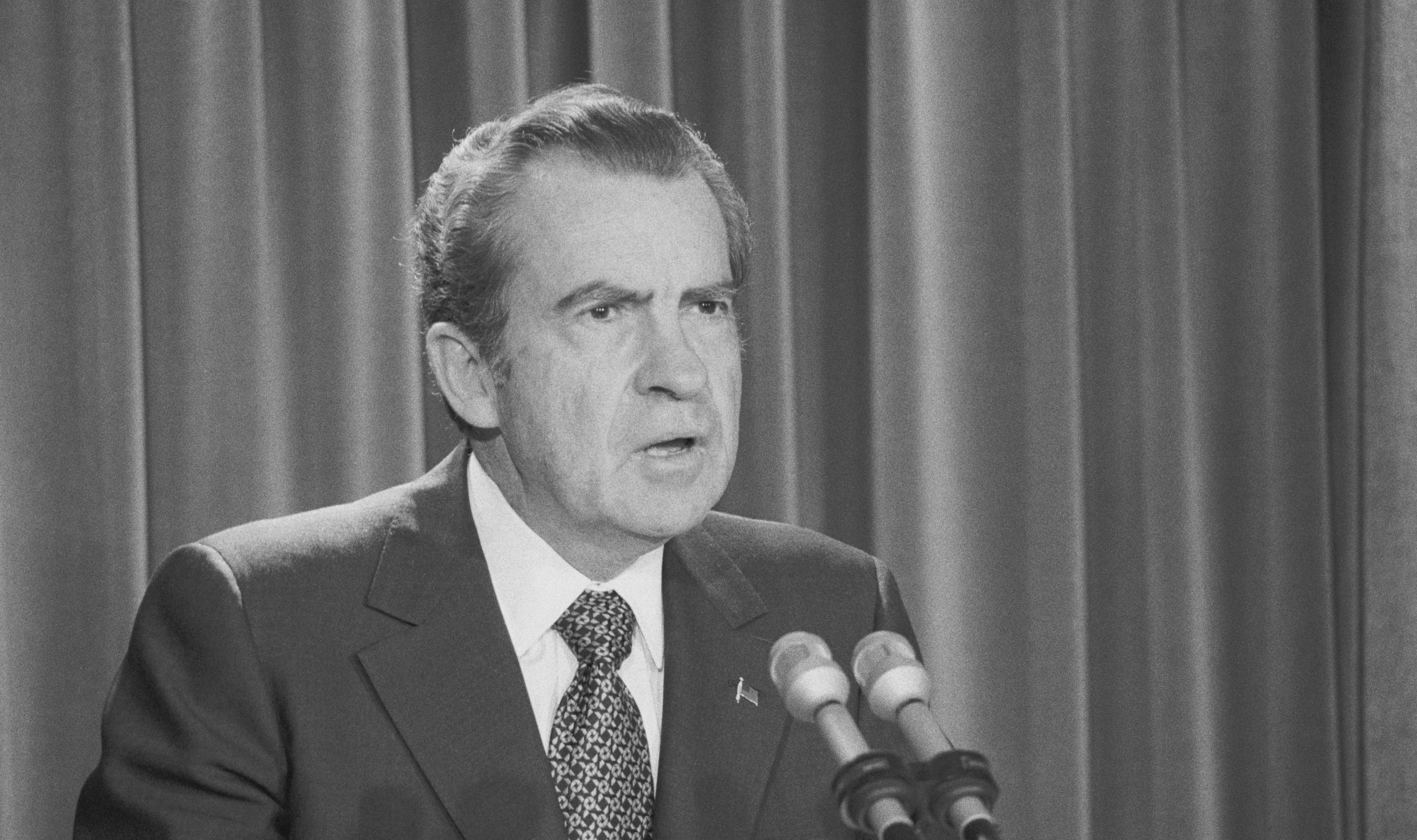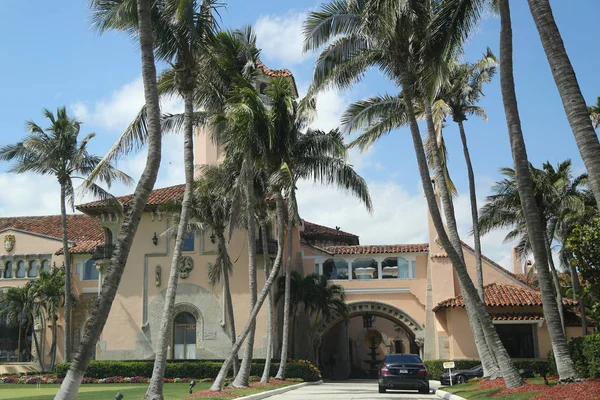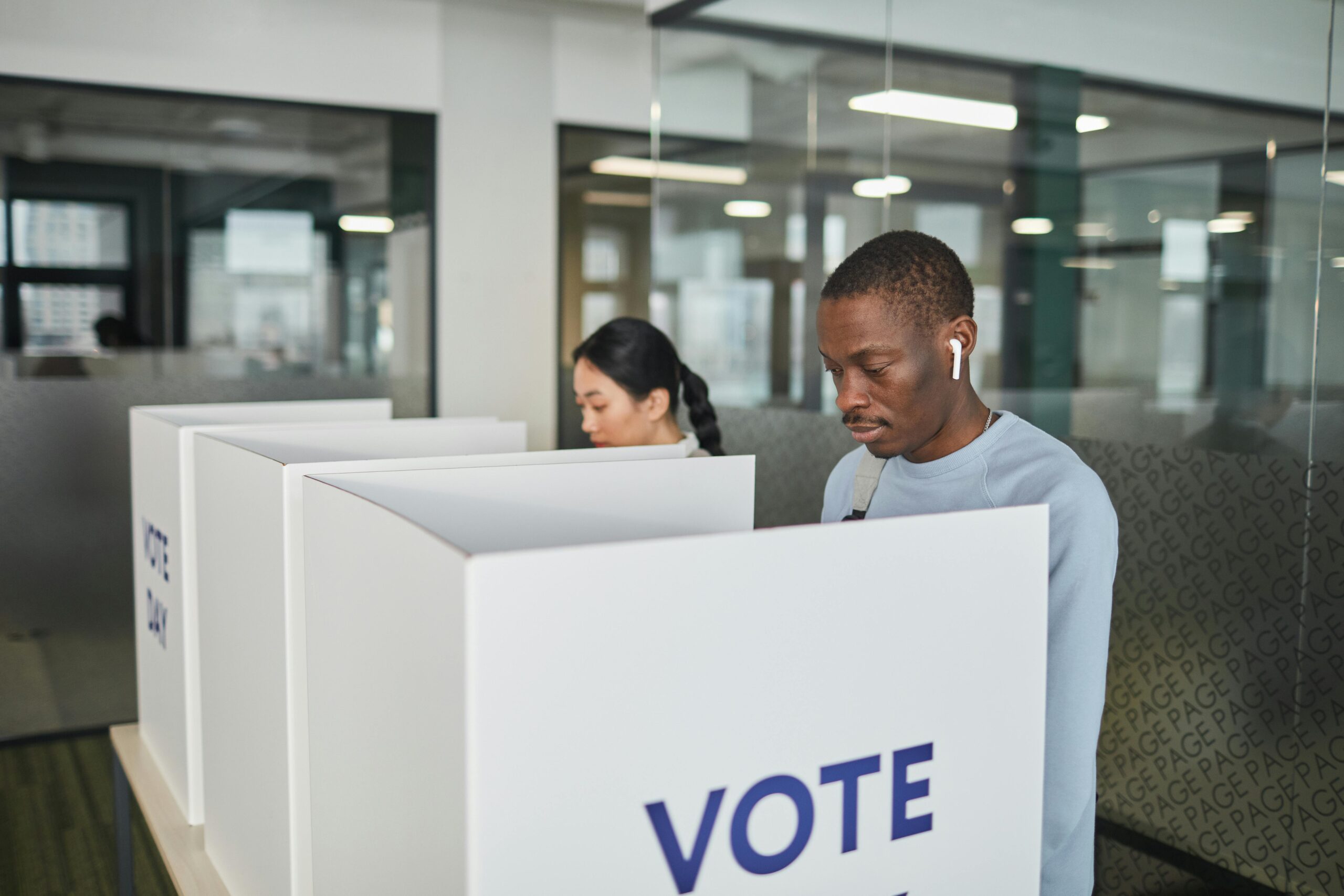Will Trump Channel Nixon in Ukraine?
There are indications that the president-elect may intend further escalation.

The similarities between this most recent presidential election and that of 1968 are several. Like Joseph R. Biden, Lyndon B. Johnson was an increasingly polarizing and unpopular wartime president who declined to run for re-election. Their respective vice presidents were each hobbled by their records and paid the price at the polls in November. The Republican candidates in both ’68 and ’24 were, each in their own ways, the authors of their own political resurrections. And during the campaign, both Richard M. Nixon and Donald J. Trump claimed to possess plans to end the increasingly unpopular wars of their predecessors.
Upon winning the New Hampshire primary in March 1968, Nixon promised “to end the war and win the peace in the Pacific.” Still more, in a series of private meetings with editors and reporters, Nixon claimed that once he was in office he would convene a summit with Soviet leaders to get their assistance to help end the war. As the Christian Science Monitor’s longtime Washington bureau chief, Godfrey Sperling, recalled,
it was from these “off the record” briefings that a story began to circulate among those who wanted the U.S. out of the war: that Nixon had a “secret plan” to bring the boys home. He doubtless was able to win some dove votes from those who felt Humphrey had been too closely tied to President Johnson’s acceleration of the war.
Of course, Nixon had no such plan. Instead, he increased the intensity of bombing over North Vietnam and expanded the war to Cambodia.
As with Nixon, Trump’s campaign pledge to end the Ukraine conflict “in 24 hours” probably attracted dovish voters. And there are several indications he may follow in the footsteps of Nixon by escalating the war in an attempt to end it.
Trump’s appointment of the retired Lt. Gen. Keith Kellogg as his Ukraine envoy is one such indication. Kellogg, a longtime Trump adviser and the co-chair of America First Policy Institute’s (AFPI) Center for American Security, seems to see the war in Ukraine through the same lens the Biden administration views it. Writing in the once-respected National Interest in October, Kellogg claimed, “Russia has invaded Ukraine for a second time with the goal of ending its sovereign existence.” (The goal was to prevent Ukraine from joining NATO, but never mind.) And Kellogg’s professed vision of a post-war settlement seems more in sync with the demands of the maximalists in Kiev than with anything remotely achievable at this point in the conflict. Writing, again, in the National Interest, Kellogg proposed that
a ceasefire along the current lines and subsequent negotiations would preserve a sovereign, democratic Ukraine anchored in the West and capable of defending itself. Kyiv would maintain its internationally-recognized claims to sovereignty over all of Ukraine. A halt to hostilities would also facilitate the provision of reliable security guarantees, including possible NATO and EU membership, to deter Russia from resuming the conflict.
If he hasn’t yet, Kellogg ought to be informed that Ukraine’s membership in NATO was the war’s casus belli, and as such, holding out any possibility of Ukrainian’s membership in the future will be a non-starter for Moscow.
In an April 2024 research report for AFPI, Kellogg and his colleague Fred Fleitz wrote that in order to end the war, Trump “would continue to arm Ukraine and strengthen its defenses to ensure Russia will make no further advances and will not attack again after a cease-fire or peace agreement.”
In addition to calling for (yet another) bilateral defense agreement with Ukraine, Kellogg and Fleitz also called for “placing levies on Russian energy sales to pay for Ukrainian reconstruction.”
Do such proposals seem more likely or less likely to draw Putin to the negotiating table?
That Kellogg was appointed to such a sensitive position in the first place should worry those who supported Trump on the assumption that he would bring much needed change to the conduct of US foreign policy. Reasonable people might ask: Where are men of experience and imagination, like the retired Colonel Douglas Macgregor, senior fellow at The American Conservative? Unlike Macgregor, Kellogg knows nothing about Russia or its interests, let alone its historic sensitivity to Ukraine’s strategic importance. Macgregor has decades of scholarship invested in Russo-German relations and Moscow’s role in Europe and Asia. But Macgregor is nowhere to be found among the incoming team. Perhaps Howard Luttnick and Linda MacMahon were too busy campaigning for cabinet appointments to do what they should have been doing: selecting the most competent men and women for the most sensitive positions.
Alas, we will have to leave for another time the question of why the president-elect has staffed his national security team with a veritable roster of Fox News personalities and a recent immigrant with suspected ties to foreign intelligence such as Sebastian Gorka. The British-Hungarian Gorka has claimed that Trump will “force” Putin to the negotiating table by threatening a massive increase in military aid to Ukraine. Faux-machismo aside, there is little to indicate that—even if Trump pursues such a plan—there is much left to provide. Indeed, there is little evidence Putin is likely to be swayed by inducements from Washington.
With regard to Ukraine, the playbook of the bipartisan Washington blob still rules. And while it has only been a month since the election, the president-elect has provided few signs that he plans on deviating from the script left by Joe Biden and Jake Sullivan.
The post Will Trump Channel Nixon in Ukraine? appeared first on The American Conservative.

